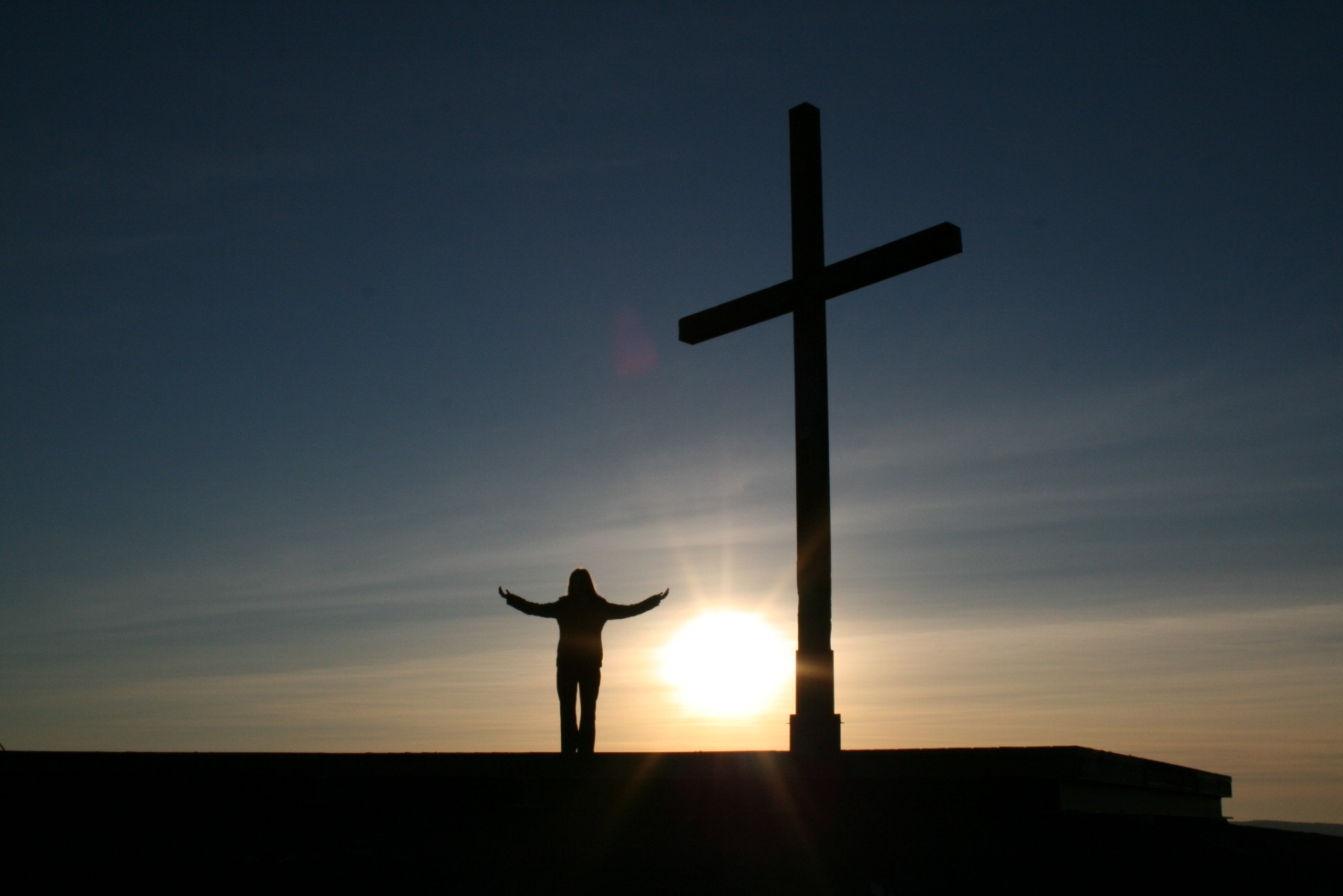News
Loving the Us We Hide
May 26, 2023

Written by: Rev. Heidi Wallace
The hymn Will You Come and Follow Me or The Summons is essentially a series of questions, among them, “Will you love the you you hide?” I spent years of my life coming to terms with wanting to hide part of me: my right arm. I cannot extend that arm fully, nor can I rotate it, nor can I raise it above my head. My elbow sticks out and holding something with two hands makes that especially noticeable. Long sleeves do not disguise this. The only thing that has worked in the slightest is to bring attention to what I am doing instead of how my arm looks while I am doing it. Over time, some people have managed to forget that I have been diagnosed with Erb’s palsy, brachial plexus injury, and avascular necrosis.
Does that mean I have been successful in hiding that part of me? No. I still get stares and questions, even though I have learned time and time again how to do things differently. Yet when things are supposed to be done a certain way, I panic. And that was the case as I was scheduled to take worship in seminary. All the pastors I had seen held their arms in a certain way to pray and to preside. Was I going to fail worship because I could not mirror them? I sent an email to my professor admitting my concerns. He encouraged me to come to the first day of class and meet with him.
During a break that first day, he approached my desk and simply asked to see what I could do. He would show me a pose and have me come as close to it as I could. Then he would question if I could hold that pose. If I could, that was our answer. If I couldn’t, he said, “I guess you’ll just raise one hand.” And that was that. I wasn’t going to fail. I wasn’t going to be judged. I was just going to do what I could do. Over the years, my arm has gotten progressively worse. I have chronic pain from undeveloped joints, pinched nerves, and scar tissue. But I’m a pastor. And I get to be a different image of a pastor than anyone has seen. I get to be the one raising my arms as only I can in praise of a God who created me and all that is me. And I get to show people that working for and among God’s people is not for those who are perfectly made. It is for those who are fearfully and wonderfully made. (See Psalm 139:14.) In other words, all of us.
We tend to hide parts of ourselves because we feel the judgments the world puts on our imperfections. What if we instead love the us we hide and see our “imperfections” as the gifts we bring to God’s world? What if God’s people need to see different in order to feel acceptance?